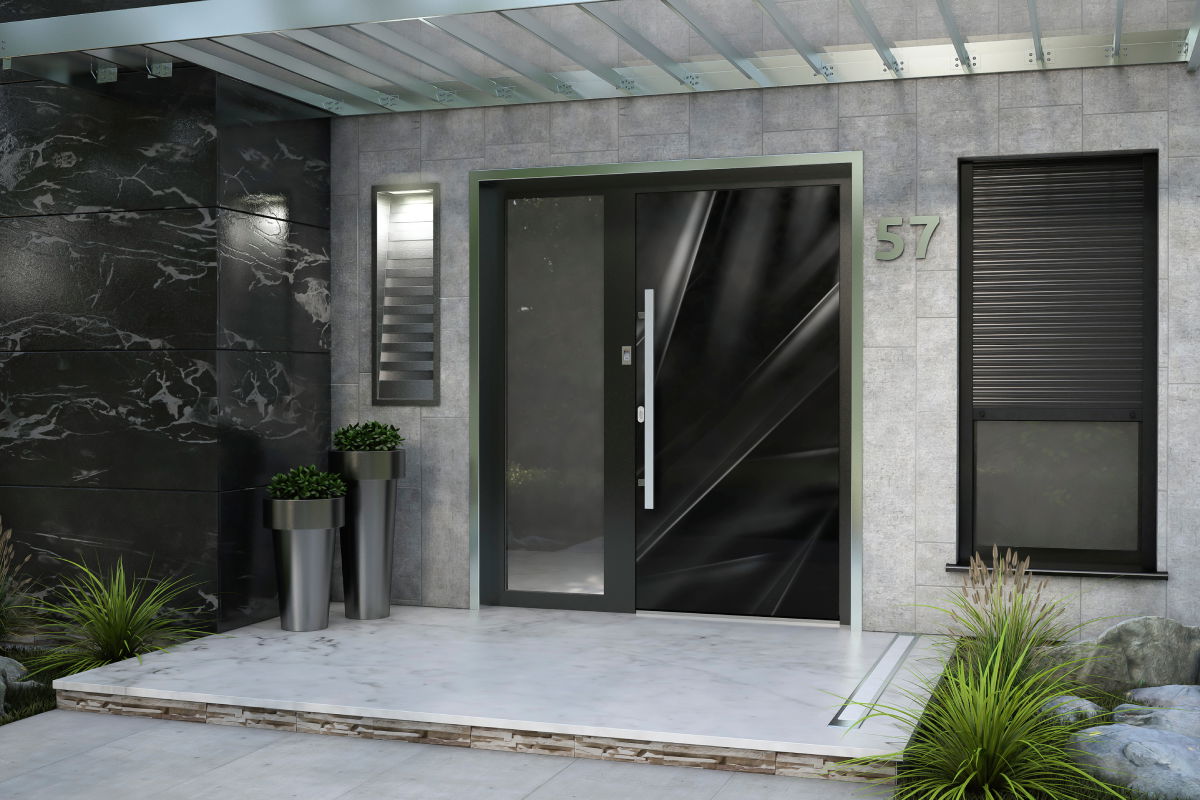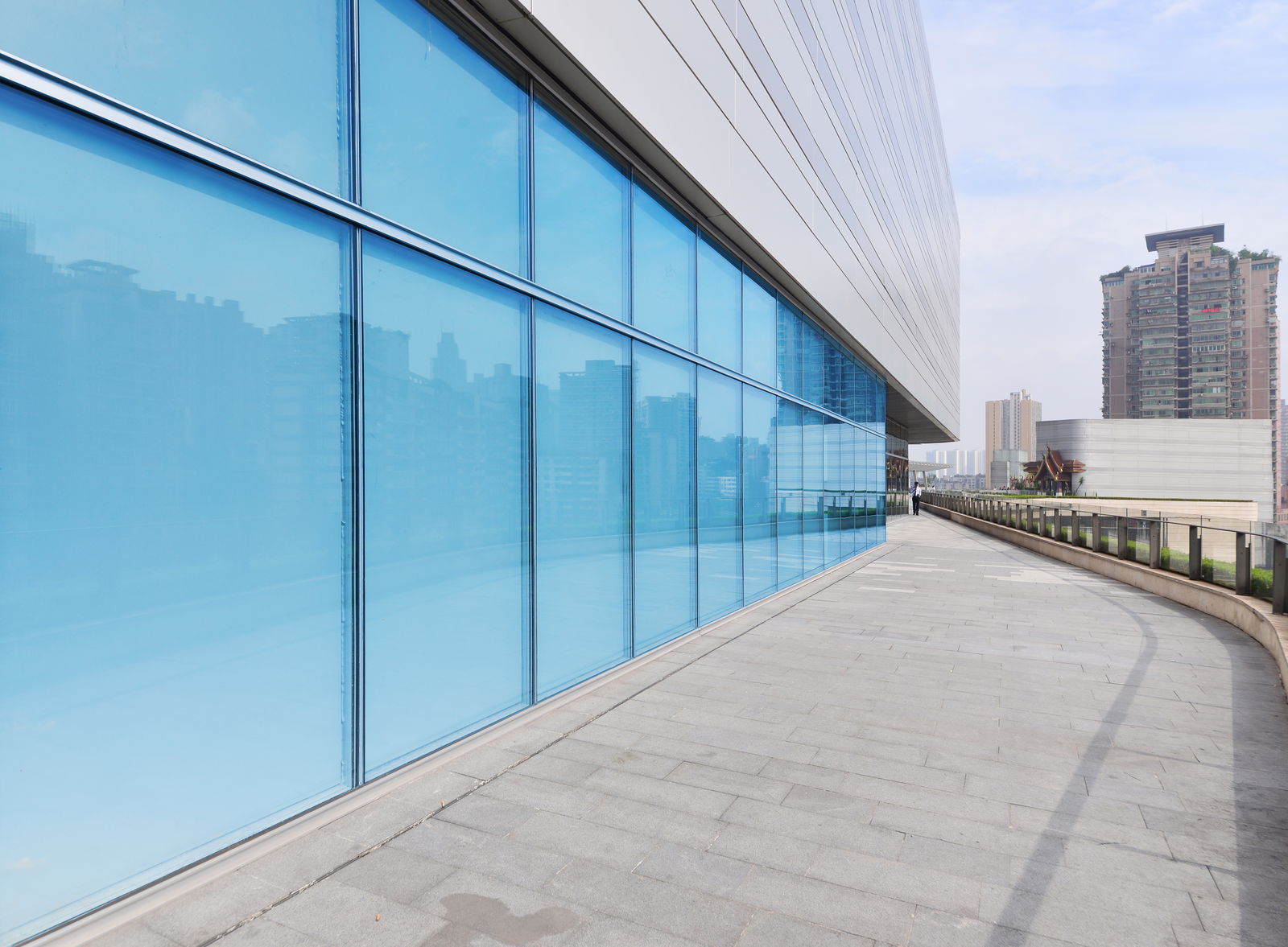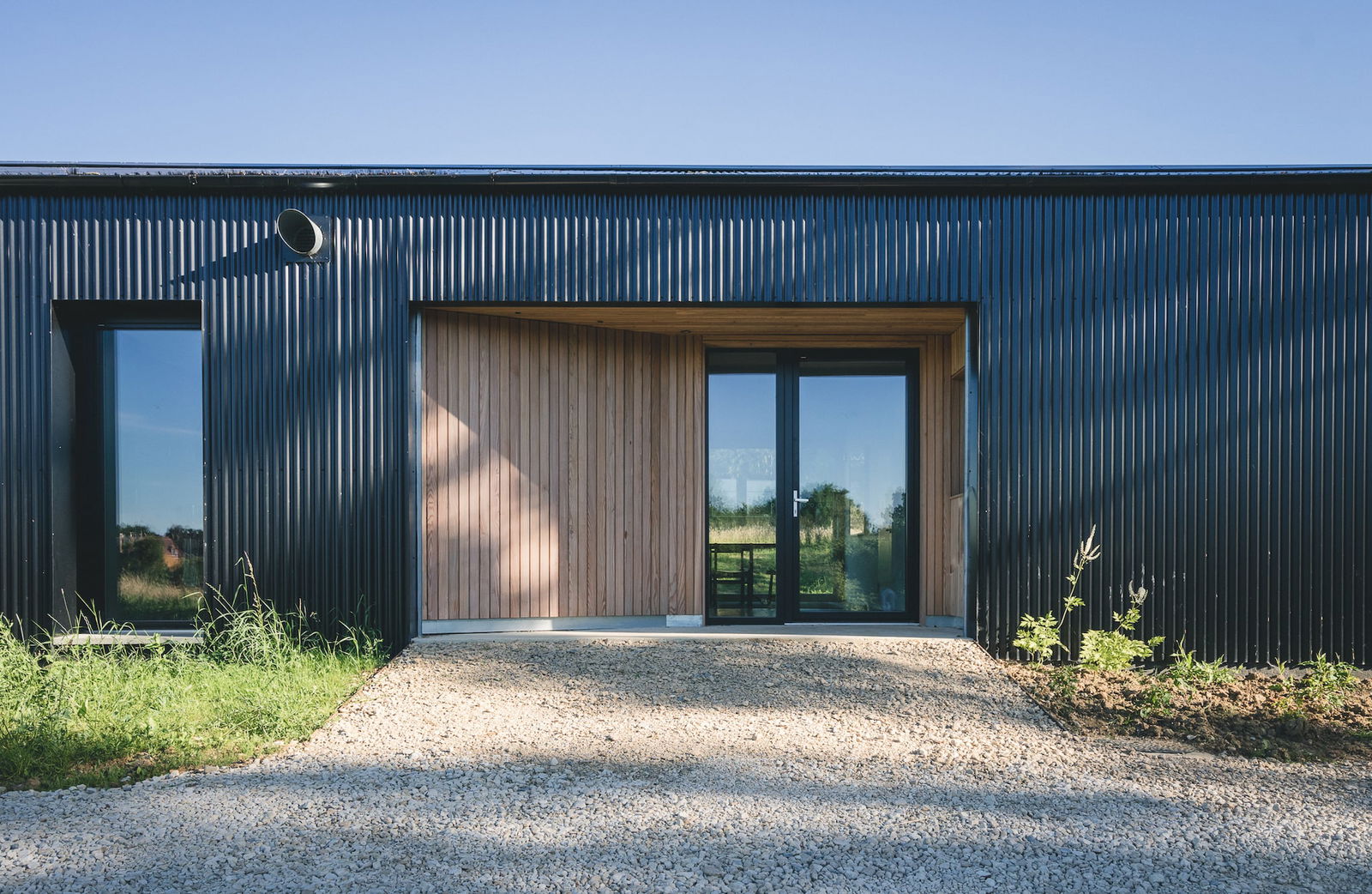The Scenario Many First-Timers Face
You're excited. You've chosen the perfect cabinets. You’ve collaborated closely with the designer. The manufacturer has a great factory and glowing reviews. But then — surprise — they tell you they don’t have commercial general liability insurance. Why? “We’re more like suppliers.” “We don’t touch plumbing or electrical.” “It’s too risky for us to share our insurance details.”
Sound familiar?
What Is General Liability Insurance?
In plain terms, general liability insurance protects homeowners and contractors alike. It typically covers:
- Property damage caused during the work
- Injuries to workers or third parties while on-site
- Legal and medical costs arising from accidents
No matter how “low risk” the task seems — installing cabinets, fitting new windows, removing old doors — if someone trips, drops a unit, or damages a pipe (even accidentally), you could be held liable if they’re uninsured.
“We’re Just a Supplier” — Is That a Valid Argument?
No. If a company is sending staff into your home to perform installation, removal, or on-site modifications, they are acting as a contractor. This shifts responsibility onto them for the safety and quality of that work. Claiming they are “just like IKEA” doesn’t hold up — IKEA isn’t physically installing units in your home unless you hire a separate, insured contractor.
If something goes wrong, it’s your home — and your financial responsibility — on the line.
Real Risks Without Insurance
Here’s what you could be risking by hiring uninsured installers:
- Damage to your property (e.g. walls, floors, windows)
- Injury to workers (even if it’s not your fault, claims can land on you)
- Delays or disputes with no contractual or insurance fallback
- Voided warranties or home insurance complications
Imagine a new cabinet crashing onto your quartz countertop, cracking it. With no liability insurance from the installer, you may be left to foot the bill.
Or picture a fitter accidentally scratching your hardwood flooring while moving materials through the hallway. They apologise, but without insurance — you're paying for that too.
How to Protect Yourself
If you're feeling uneasy, trust your instincts — and protect your investment:
- Ask for Proof of Insurance: Any credible installer should provide a valid certificate.
- Use a Licensed Contractor for Installations: Even if you love the product, consider hiring a third-party contractor to do the removal and installation work if the supplier isn’t insured.
- Get It in Writing: Clarify responsibilities in a written contract — who installs, who covers damages, and what happens if something goes wrong.
- Talk to Your Home Insurance Provider: Some insurers may not cover damages caused by uninsured tradespeople.
So, Are You a Fool for Considering It?
Not at all. But you would be taking an unnecessary risk by proceeding without safeguards. It's not about distrusting the company — it’s about protecting your home, finances, and peace of mind.
AT-ECO’s Tip: Always Choose Insured Professionals
At AT-ECO Windows & Doors, we work exclusively with FENSA-certified and insured installers. Every project, big or small, deserves the protection of proper coverage. That’s how we ensure your property — and your trust — are in safe hands.
Takeaway
No matter how impressive the showroom or friendly the staff, never compromise on liability insurance. It’s not just paperwork — it’s your safety net. Choose wisely. Choose insured.
































